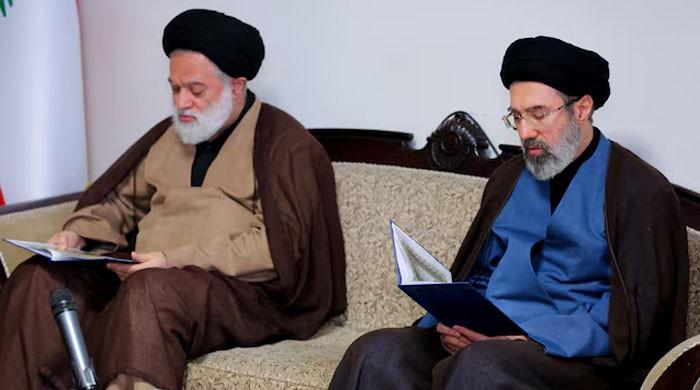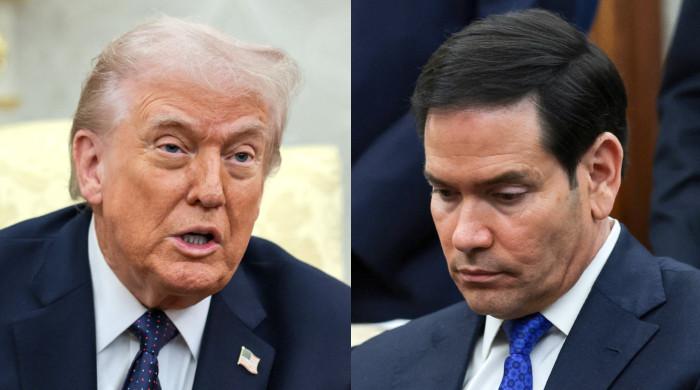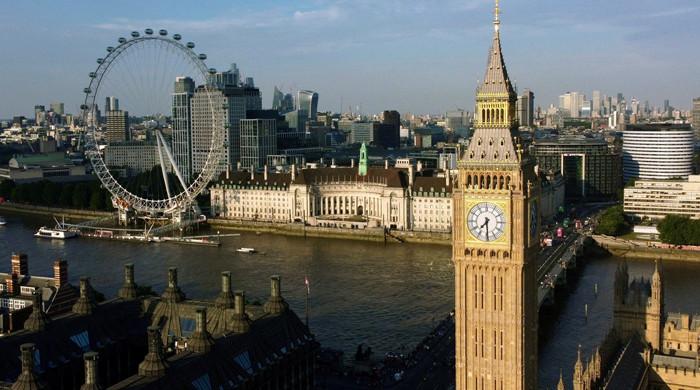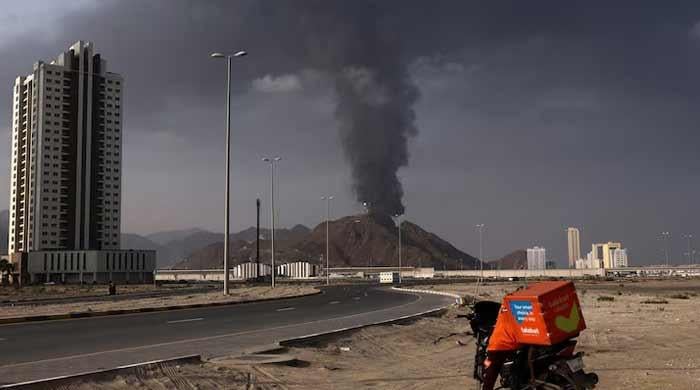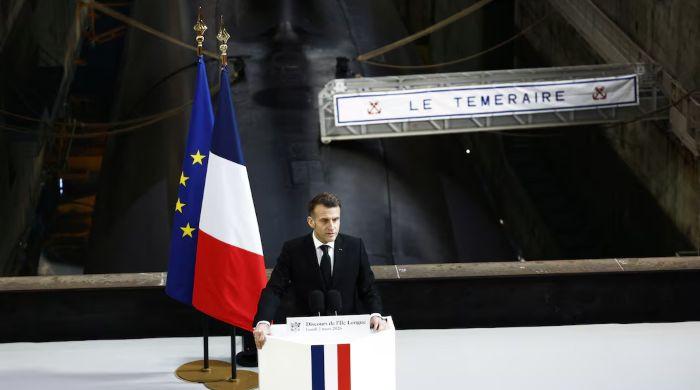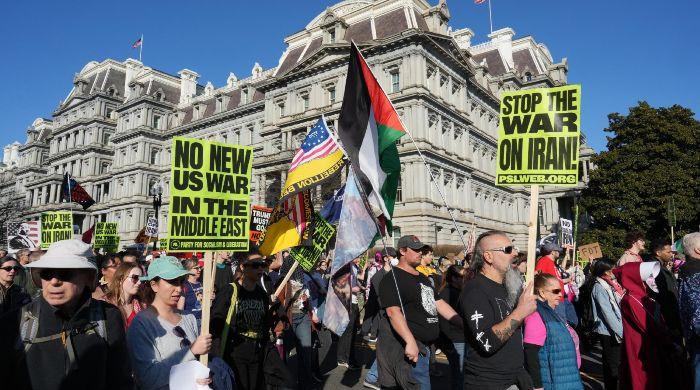Saudi Arabia to invest $100bn in India
Partnerships between oil giants of two countries reflects growing strategic ties
September 30, 2019
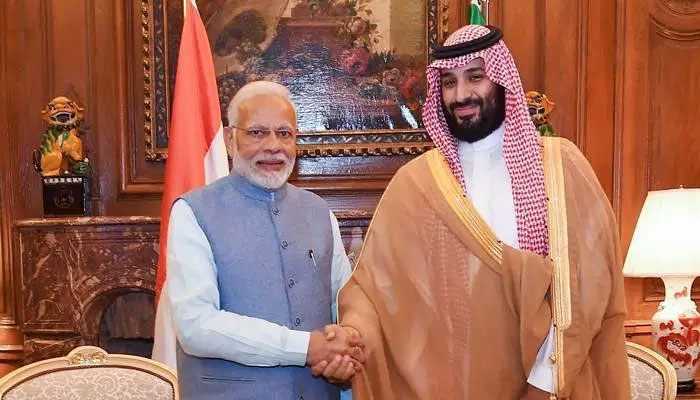
NEW DELHI: Saudi Arabia is exploring the possibility of investing at least $100 billion in India in areas of petrochemicals, infrastructure and mining, among others, suggests a report in India daily Economic Times.
Saudi Arabia’s Ambassador to India Dr Saud bin Mohammed Al Sati last week said that India was an attractive investment destination for the kingdom and it is eyeing long-term partnerships with New Delhi.
"Saudi Arabia is looking at making investments in India potentially worth $100 billion in the areas of energy, refining, petrochemicals, infrastructure, agriculture, minerals and mining," Sati told Indian media.
He noted that Saudi Arabia's biggest oil giant Aramco's proposed partnership with Reliance Industries of India reflected the strategic nature of the growing energy ties between the two countries.
ALSO READ: Saudi Crown Prince MBS says war with Iran would gut world economy
The envoy added that investing in India's value chain from oil supply, marketing, refining to petrochemicals and lubricants, was a key part of Aramco's global downstream strategy.
"In this backdrop, Saudi Aramco's proposed investments in India's energy sector and long term partnership with Reliance represent strategic milestones in our bilateral relationship," he said.
The envoy further remarked that the Vision 2030 of Crown Prince Mohammed bin Salman would also result in the significant expansion of trade and business between India and Saudi Arabia in diverse sectors.
Under vision 2030, Saudi Arabia plans to diversify the Saudi economy while reducing its economic dependence on petroleum products.
Saudi Arabia is a key pillar of India's energy security, being a source of 17 per cent or more of crude oil and 32 per cent of LPG requirements of India.
The envoy said more than 40 opportunities for joint collaboration and investments across various sectors had been identified, adding that the current bilateral trade of $34 billion would continue to increase.






